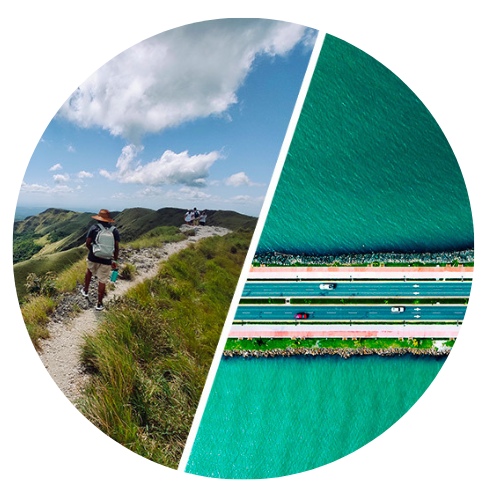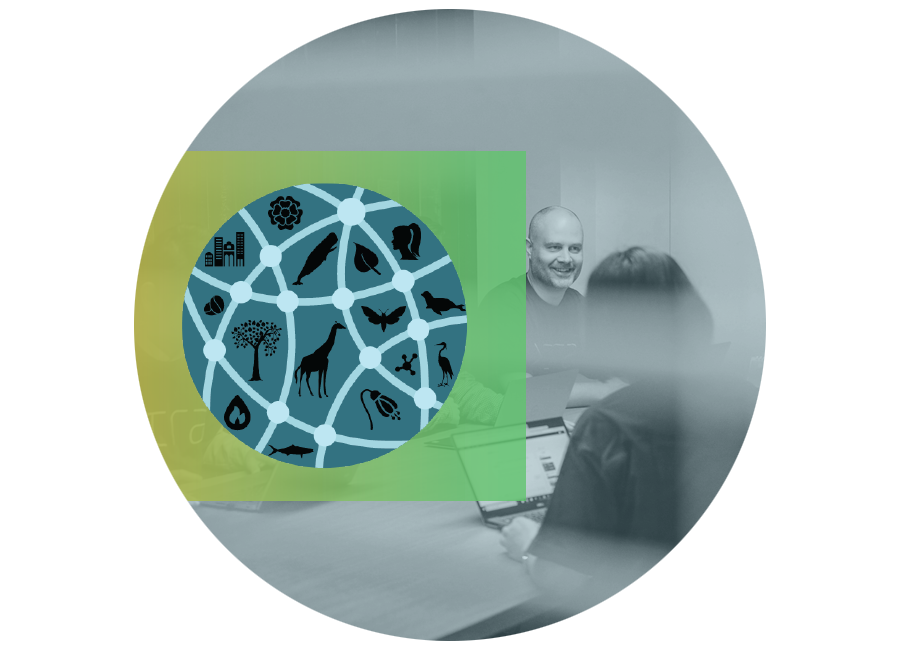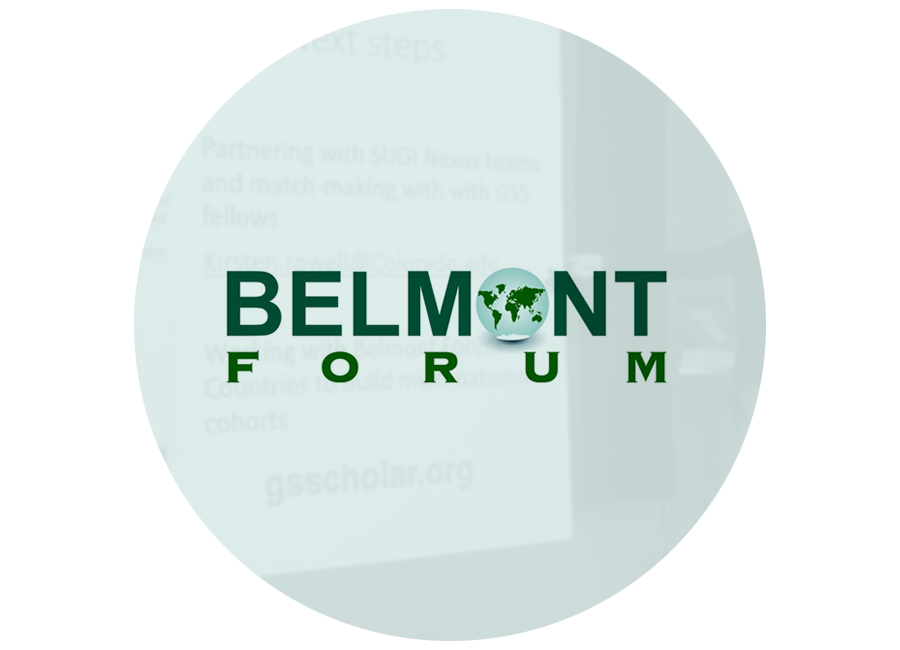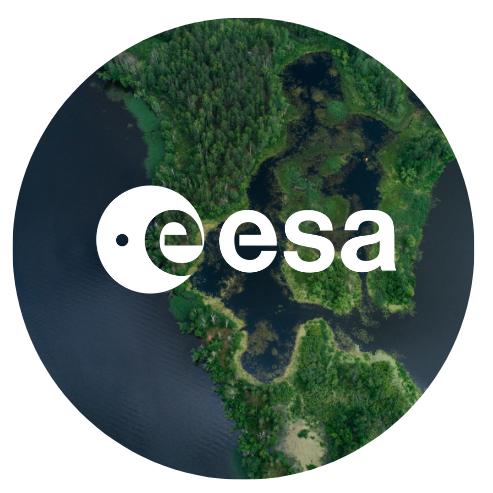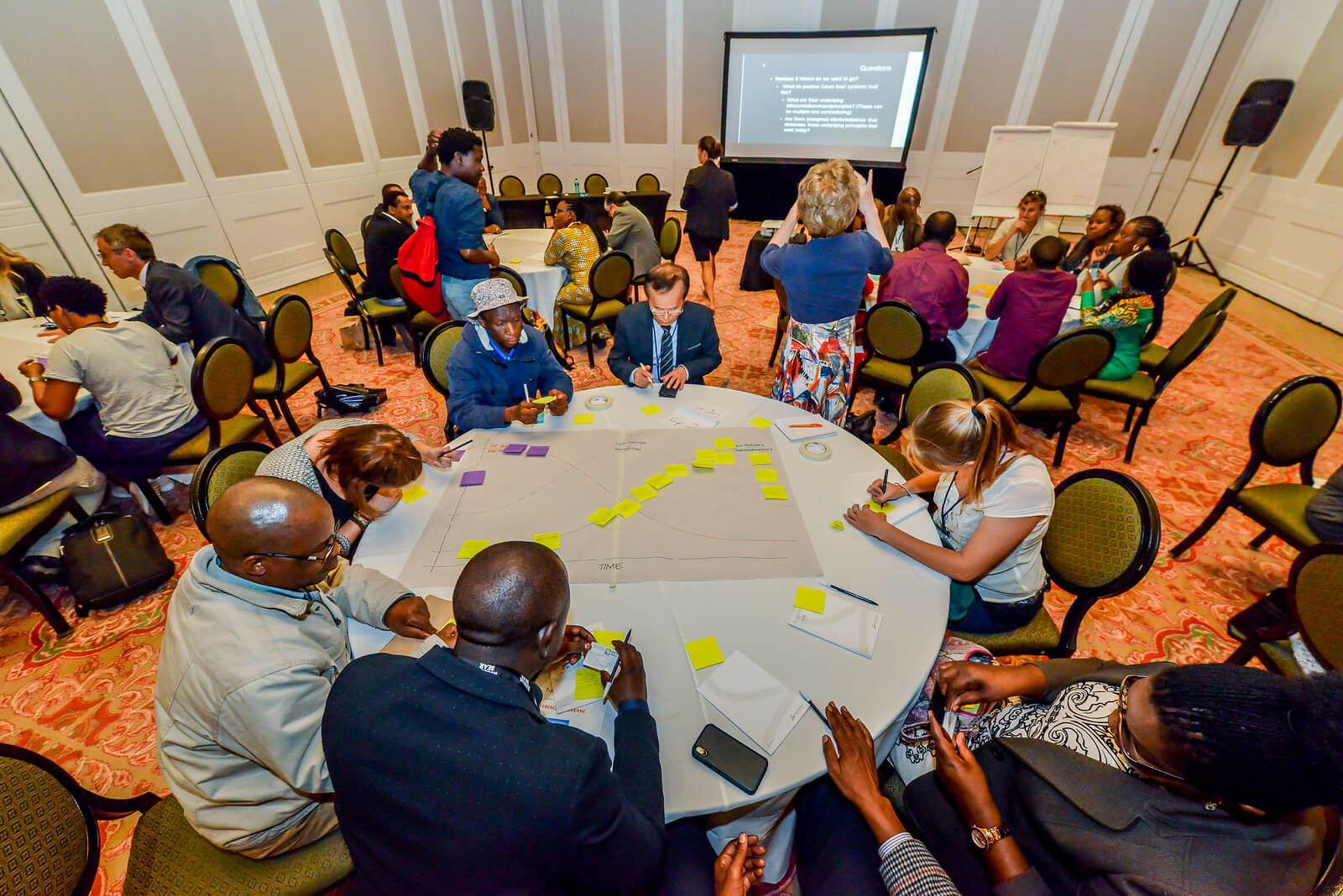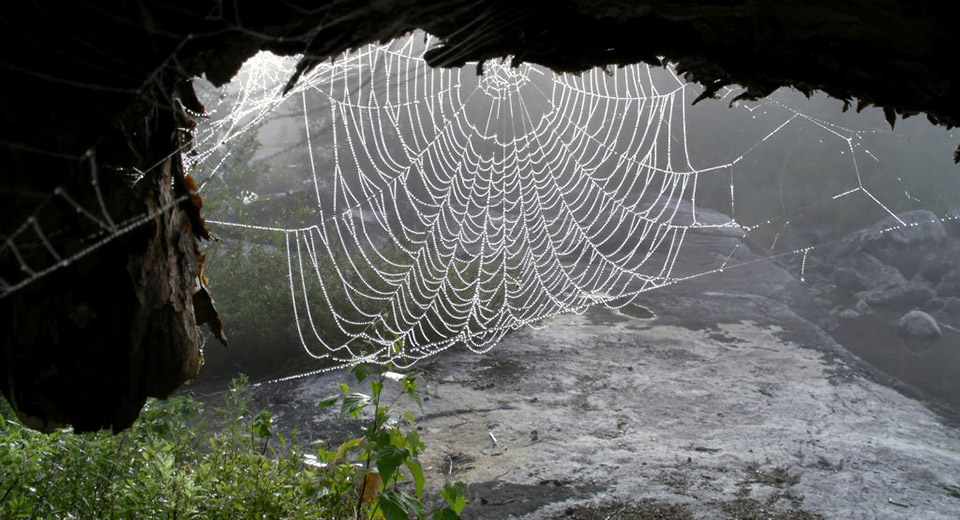Future Earth works with funders to shape joint research calls and grants for global sustainability.
Inclusivity and Diversity Participation Funding
Future Earth seeks to support inclusivity and diversity participation of early-career researchers and of researchers in low to middle income countries (LMICs). Indigenous communities, women, people of color, and members of the LGBTQAI+ community are especially encouraged to apply. Members of the Future Earth networks are invited to submit applications for funding support of travel, registration, and/or participation expenses.
Applications are accepted on a rolling basis and must be submitted at least 90 days before the start date of the program or event.
Cross-Cutting Initiatives
Cross-Cutting Initiatives are integrative or synthesis activities that foster or require collaborations between Future Earth networks and/or facilitate research co-creation and transdisciplinarity. Original proposals and those addressing priorities identified by the Future Earth Assembly are eligible for consideration.
Collaborations of at least two Future Earth networks are eligible to apply for up to 50K Euros.
Applications are due March 31 and September 30 of each year.
Get Involved
To learn more about our recent and upcoming activities and opportunities, please contact us at: contact@futureearth.org.
Pathways
The Science-based Pathways for Sustainability Initiative aims to be an inclusive and integrative response to the pressing need to produce knowledge and understanding in systemic interactions, competing development agendas, and transformations in concrete contexts. Pathways Funding Calls support, encourage and promote inter- and transdisciplinary research on pathways for sustainability in different contexts and on different scales. Proposals are evaluated by an interdisciplinary evaluation committee due to the interdisciplinary nature of the work. Diversity (in terms of discipline, gender, geography, career stage, type of knowledge, etc.) is highly encouraged.
SRI Speaker Scholarships
The Sustainability Research & Innovation (SRI) Congress is the world’s largest transdisciplinary gathering for the global sustainability community, and is a joint initiative of of Future Earth and the Belmont Forum. SRI unites more than 2000 global sustainability research leaders, government and civil society experts, funders and innovators to inspire action and promote a sustainability transformation. This global, annual event elevates diverse knowledge on sustainability, provides an inspiring platform to share innovative ideas, and creates an inclusive space for collaboration and action. Speakers of accepted sessions are eligible to apply for scholarships to support their in-person participation at SRI in June of each year.
PEGASuS
The Program for Early-stage Grants Advancing Sustainability Science (PEGASuS) seeks to increase knowledge, promote innovation, and establish evidence-based solutions to the world’s most difficult sustainability challenges. PEGASuS brings together researchers from different disciplines and across borders to take creative approaches to exploring the relationships between people and the planet. The ultimate goal is to generate self-sustaining research projects that have real-world impacts on the health and wellbeing of human societies. In 2017, Future Earth announced the first round of PEGASuS grants, focusing on biodiversity and natural assets.
PEGASuS is funded by the Gordon and Betty Moore Foundation’s Science Program
Belmont Forum Collaboration
Future Earth is a strategic partner of the Belmont Forum, a collection of 25+ funding collaborates with the Belmont Forum, a partnership of funding organizations. We are the only partner of the Belmont Forum mandated to scope and co-design Collaborative Research Actions – research calls that are developed through a two-year process of co-design first with research communities around the world, and then with Belmont Forum funding groups. This work has mobilized millions of Euros in transdisciplinary research funding focused on topics that include:
- 2023: Climate, Environment, and Health II
- 2022: Systems of Sustainable Consumption and Production
- 2022: Integrated Approaches to Human Migration / Mobility in an Era of Rapid Global Change
- 2020: Transdisciplinary Research for Pathways to Sustainability
- 2019: Climate, Environment and Health
- 2018: Transdisciplinary Research for Ocean Sustainability
- 2016: Food-Water-Energy Nexus / Sustainable Urbanisation Global Initiative (SUGI)
For more information about funding opportunities through the Belmont Forum Program:
European Space Agency Collaboration
Future Earth partners with the European Space Agency (ESA) to encourage new and innovative ways of using satellite Earth observation data to support transformations towards sustainability. The partnership strengthens Future Earth’s links with the remote sensing community and ensures that ESA’s strategic direction is guided by robust science from Future Earth.
Past Funding Initiatives
SDG Labs
Future Earth, together with partners, has created the Sustainable Development Goal (SDG) Labs – a global, competitive call for innovative solutions to complex sustainability challenges – that are seeded at a small, “prototype” scale, that display capacity to be scaled up. Here are some examples:
Labs are seeded at a prototype scale, and display capacity to be scaled-up. A typical SDG Lab consists of a team of researchers, community leaders and entrepreneurs from one country or region, who come together for a limited time to create social, ecological, or technological innovations addressing the SDGs, using both academic and traditional knowledge. This group comes together for a limited time to address social, ecological, or technological innovations, or, more likely, a combination of all three.
The first round of 10 funded SDG Labs were set up for the International Conference on Sustainability Science (ICSS) held in Stockholm, 2017. The second round of 13 Africa-focused labs were presented at the Seedbeds of Transformation Conference held in South Africa, 2018.
Fast Fast Track Initiatives
Fast Track Initiatives and Cluster Activities build on areas of research strength in the legacy Global Environmental Change (GEC) projects and programmes, and were intended to kick-start integrated activities and strengthen interdisciplinary collaboration.
Proposals for the Fast Track Initiatives and Cluster Activities were initiated and developed by representatives of the existing GEC projects, often in collaboration with other communities, and were reviewed by members of the Future Earth Science and interim Engagement Committees.

